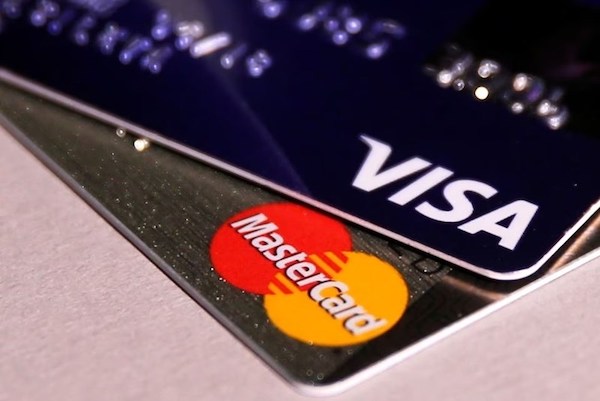The Bank of Indonesia announced that the country will introduce a new national payment system which is set to replace VISA and MasterCard in state-owned institutions and companies, the Head of Strategic Management and Governance Department of the Central Bank, Dicky Kartikoyono, said on Monday.
“In accordance with the president’s plan, the transition to our national payment system is proceeding smoothly. We expect that very soon it will become widespread, including within state-owned enterprises,” CNBC Indonesia quoted Kartikoyono saying.
The official added that the country had made “a very timely” choice to initiate its own payment system. Kartikoyono thinks that Southeast Asian countries should move towards establishing “a safety cushion that will protect businesses and ordinary citizens” amid growing financial uncertainty in the West.
In early May, the country founded a card to supplement the national payment system.
Indonesian President Joko Widodo pressed regional authorities, in March, to substitute the financial conglomerates and instead opt for credit cards developed by local banks, in an attempt to safeguard transactions from “possible geopolitical consequences.”
Dodit Proboyakti, a board member of the Indonesian Credit Cards Association, told Sputnik that the country will learn from Russian experiences and its Mir payment system to build up its own. Russia grew its national payment system after Western sanctions on Russia halted access to Western-owned Financial services companies following its Special Military Operation in Ukraine.
Countries find alternatives to USD
Record inflation in the West has pushed countries around the world to find alternatives to the U.S. dollar (USD) and its financial institutions.
In March, the Chinese yuan overtook the U.S. dollar in China’s cross-border trade transactions for the first time, dealing a new major blow to the green note that is witnessing a global decline in its position as the top reserve currency.
While Brazillian President Luiz Inacio Lula da Silva called on countries of the Global South to work toward ditching the USD in their international trade and resort to their own currencies instead.
China and Brazil struck a deal to ditch the U.S. dollar in their bilateral transactions, in March, which is expected to reduce investment costs and develop economic ties between the two countries.

